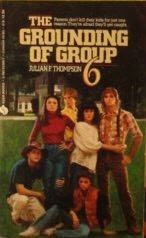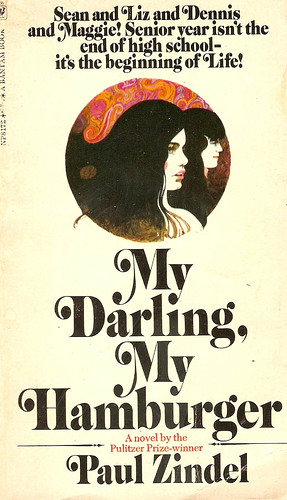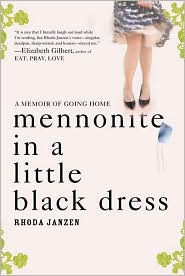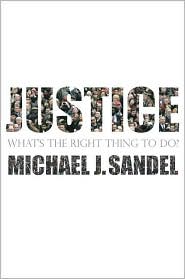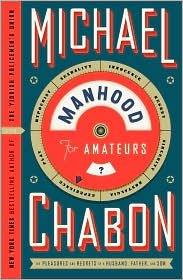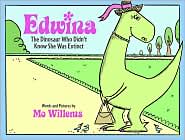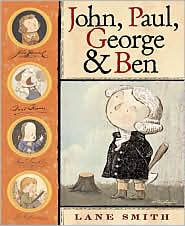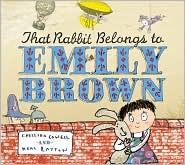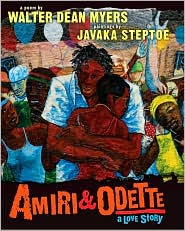The six of us have fairly diverse tastes, and because we're always picking up new stuff, it's rare for any two of us to be reading the same thing around the same time, let alone three or four of us. Sure, there's always new books we're talking up, and each of us is almost always lobbying the others to read something so fantastic, so well-written, so thrilling, so entertaining, so funny.... etc. When a book takes the manager staff by storm, it deserves a little attention.
When Chris, our general manager, received several advanced copies of the upcoming Joe Hill book, she was ecstatic to hand them out to us. I took a copy not because I'm a huge Joe Hill fan - I haven't read Heart-Shaped Box, though I have enjoyed the few of his short stories I've read - but because I'm almost always willing to read anything having to do with the Devil. Also, I figured I might want to read it before Hill's appearance at our store in March. And Chris couldn't stop raving about it, so I thought it was worth having a copy on hand if the buzz continued to build.
And it did. But truthfully, being as awash in the upcoming 2010 kids' books coming out, I never would have been able to get to this book before March had it not been for one very priming factor:
I'm burned out on kids' books.
Sad but true. Finishing up the must-reads of 2009 while simultaneously tackling the first of the must-reads for 2010, as well as trying to keep up with the reading for my store-sponsored kids' book clubs and the ever pressing Shelf Awareness Reading Challenge, I've been covered in an avalanche of kids and young adult reading... and I'm still nowhere near where I want to be.
I've read so many terrific kids' books. Books entertaining, silly, sad, moving, thrilling, even frightening. I've had moments of reading this past year that have remained with me since their conception. Even now, reading a little piece of The Evolution of Calpurnia Tate or When You Reach Me or Catching Fire will send my body into pulses of goosebumps. The other day, while pitching the positives of Kate DiCamillo's latest, The Magician's Elephant, I realized that every element I attributed to the text - beauty, profound and lovely, but also equally comprised of cold and of loneliness - was absolutely true, and that this was truly a book that any reader could fall in love with.
But trying to keep up with an ever-growing supply of new, hot titles to read has numbed me a bit to the subtle charms of the recent kids' books I've picked up, and that has made me hesitant to start new reads until I recharge my enthusiasm.
I also suffer a little bit of deprivation having to do with the lack of darkness in so much of kids' lit. Every once in a while, a YA book can surprise you with its demons - The Hunger Games or The Chaos Walking Trilogy or The Graveyard Book - but mostly it steers clear of really dangerous ideas and plotlines. Sometimes what I want to read is the literary equivalent of a punch to the gut, and that doesn't happen to often in books meant for a younger audience.
Hence, Horns. Now that you've read my life story, you're probably wondering why I'd bother going into such detail about the whys of reading this fantastic new book.
Well, if I wanted a punch to the gut, I received it and more. A promising first chapter got me thinking that this would be one of those "you've just got to read this" books, in the effect that Hill could pull off a premise whose directions could vary wildly in scope, tone, and quality.
Ig Perrish wakes up with a raging hangover and a pair of horns growing out of his head. A night of hard drinking to console himself about the anniversary of his girlfriend's unsolved murder remains a mystery, as does the appearance of the horns and his sudden strange effect ont he people he comes into contact with. After a series of odd interactions where complete strangers tell him the deepest and darkest of their secret actions and desires, Ig makes a trip to his parents' house where he encounters surprising and unexpected truths from his family, including the identity of his girlfriend's murderer.
Just as every culture has their own way of understanding and interpreting "The Devil," Hill creates his own version, this one with a compassionate streak, an affinity and affection for the serpents who seek him out, a snarky sense of humor and rock'n'roll soundtrack. Hill also effectively withholds actually coming to the devil conclusion until long after his readers have made that decision for themselves, which is nice because it doesn't make the issue a forgone conclusion - after a while it would be easy to take for granted Ig's condition, but Hill's a better author than that.
What he does give us is a complex main character whose previous virtues as a human being were both innate and coincidental. It's a conclusion that doesn't come up much in high concept mysteries and thrillers - how people are as much defined by the evil they don't do, and how the line between what a person is capable of doing is never fixed, never permanent, and almost always dissolving in the murky waters of doubt, confusion and anger.
Hill pulls off his big concept, although not without faults. The book is divided into sections each following their own narrative thought - a section telling the story of Ig as a fifteen year-old, meeting his best friend, Lee, and his future girlfriend, Merrin, as well as exploring the relationship between him and his older brother, Terry. A later section changes course entirely, inhabiting the mind and memories of another character, and it is in this section that Hill gets some of his best and slowest moments - while it is key to telling the story, the section drags, especially as placed so close to the concluding action of the primary plot. I found myself fighting the urge to skim longer paragraphs of description, as if they represented walls of distraction obstructing the course to the answers and actions I wanted most to reach.
Of course this is, truly, a minor complaint. If a storyteller has so captivated you to the point of irritation in not being delivered answers straight away, then he's obviously doing many, many things right. Hill gets points for using explicit violence and language effectively, naturally enough to be the part of everyday vernacular and extraordinary circumstances, but not so much as to be distractingly crass or off-puttingly vulgar. One could be off put by the rampant misogyny, but in a tale exploring the hidden natures of good and evil lying within everyone, issues between genders are inevitably going to occur, and in volatile expressions of hate, disgust, and desire.
It's a relief to read a thriller about morality that doesn't pretend to fully comprehend or espouse its theories. Notions of good and evil are just that - elements of thought, some layered one upon another upon another, roughly resembling something like religion, spirituality, morality, evilness or goodness.
While my co-worker, Maureen, said it gave her nightmares, I didn't find the text dauntingly frightening. It messes with you, certainly - any good fantastical tale of good and evil really should screw with your mind - but I see this more as a potboiler with thriller elements than a straightforward horror. Or perhaps a horror for mystery lovers. Or a horror for those who love religious metaphors and themes.
Whether it's a horror, mystery, thriller, religious parable, I like mine dark humored, violent, and more than a little gritty. I needed to get my reading hands a little dirty, and this novel did the trick.











